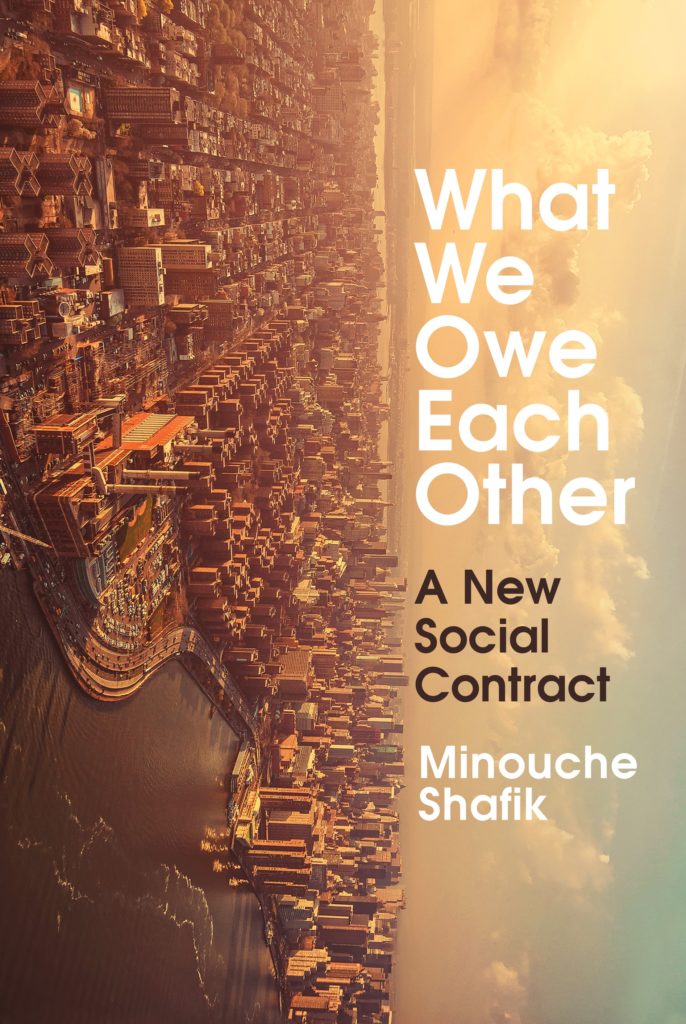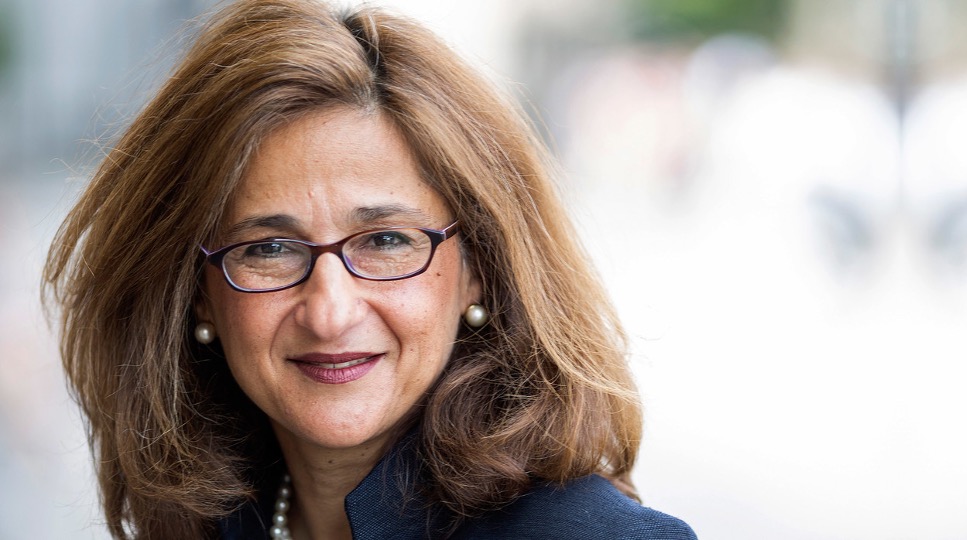Every crisis is also an opportunity. Discover how to seize the moment and forge a better future for our world with visionary economist Minouche Shafik.
The social contract shapes everything: our political institutions, legal systems and material conditions, but also the organisation of family and community, our well-being, relationships and life prospects. And yet everywhere, the social contract is failing.
As Artificial Intelligence, an ageing population and the climate crisis reshape our world in ways that many of us have yet to grasp, how should society pool risks, share resources and balance individual with collective responsibility?
Minouche Shafik is here with answers. One of the world’s most influential economists, she became the youngest ever Vice President of the World Bank aged 36 and has since held positions as Permanent Secretary of the Department for International Development, Deputy Director of the IMF and Deputy Governor of the Bank of England. Now Director of the LSE, she has drawn upon the legacy of her legendary precursor in that office, William Beveridge, to design a new social contract for our age.
Drawing on evidence from across the globe, Professor Shafik will identify the key principles every society must adopt if it is to meet the challenges of the coming century, with profound implications for gender equality, education, healthcare provision, the role of business and the future of work.
Abraham Lincoln said, ‘The best way to predict your future is to create it.’ We are at a moment in history when new choices need to be made: and it is within our gift to shape a social contract that gives us, and those who come after us, a better future. Don’t miss this opportunity to hear new answers to the most important questions of our era, and understand what part you can play in the transformation ahead.
Praise for Minouche Shafik’s What We Owe Each Other:
‘Informed by her many journeys to all corners of the world, Minouche Shafik weaves economics, philosophy, wisdom and common sense into a social contract of simplicity, solidity and harmony. A must-read recipe for the improvement of our life together’ Christine Lagarde, President of the European Central Bank
‘A thought-provoking, beautifully argued, and easily accessible book. It is a must-read for all those seeking to understand why the bonds that bind society together are so frayed and what we can do about it to create a world fit for our children and grandchildren to live in’ Ngozi Okonjo-Iweala, former Managing Director of the World Bank
‘This erudite book argues that we need to recognise our obligations to each other and to society … a thought-provoking addition to our current, urgent debates’ Daron Acemoglu, co-author of Why Nations Fail








